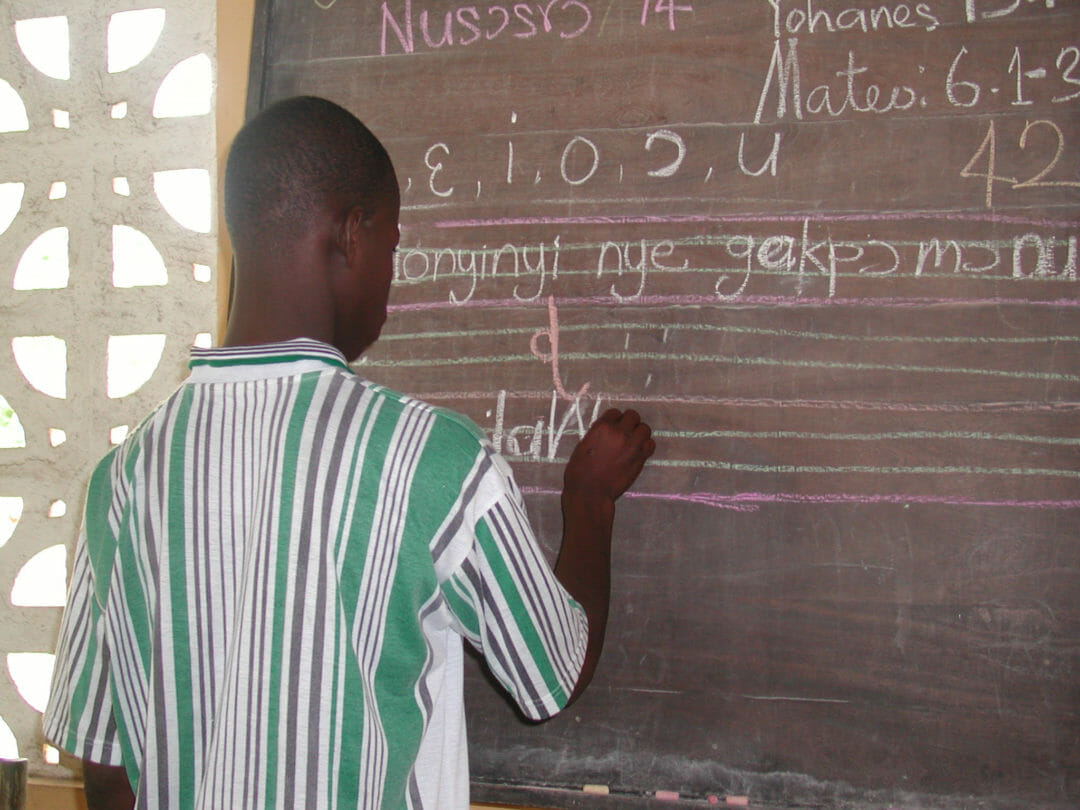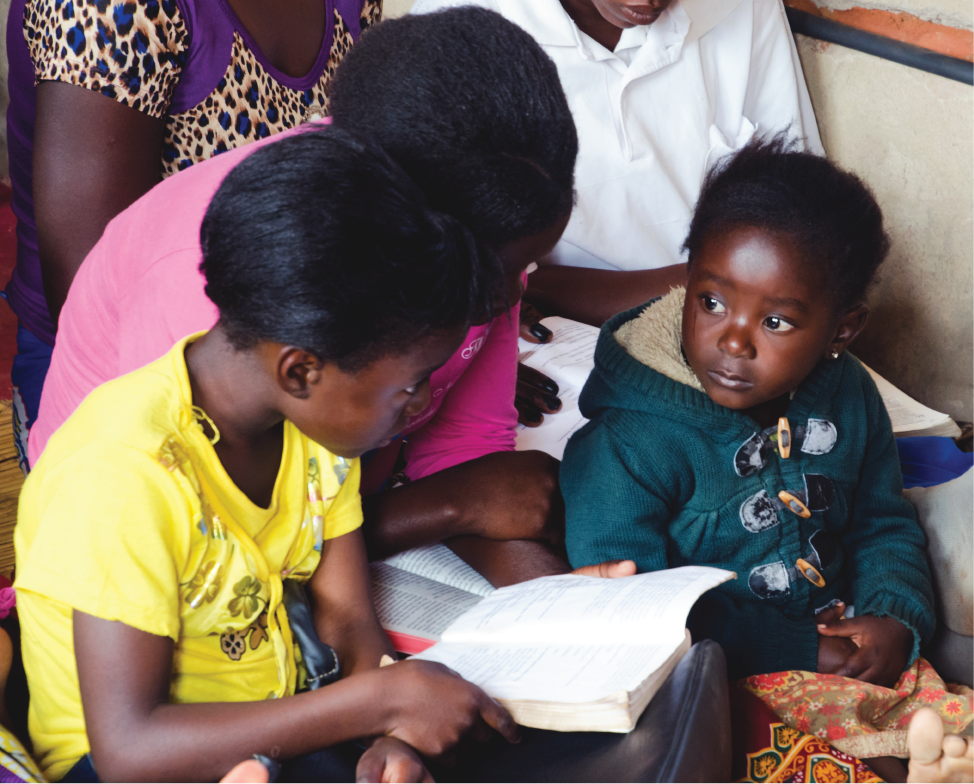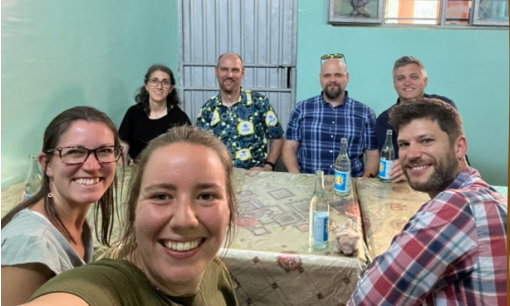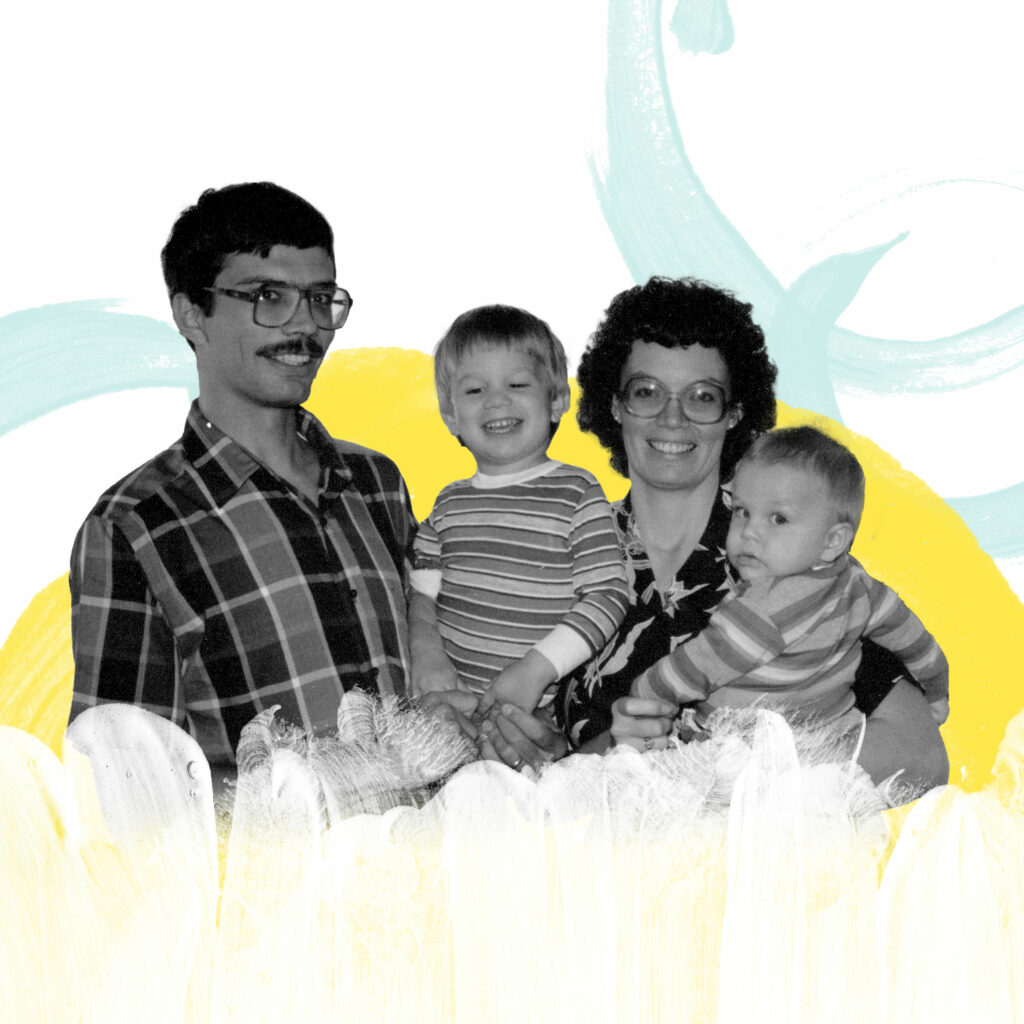Blog
Press Release: March 10, 2020
Living Words


Translating Scripture accurately and clearly into any language requires training, diligence, patience, and dedication. Translation teams bring Scripture alive using the grammar, vocabulary, and phraseology that is familiar and meaningful to those they serve.
Bible translation can be broken down into 5 broad stages:
- drafting
- internal review
- external review
- consultant check
- printing
This is a simple was to describe a complex and detailed process. To reach even the first stage, translators need training in linguistics, the study of human language. Linguistics includes the subfields of grammar, morphology, syntax, phonetics, the study of language meaning, semantics, pragmatics plus historical linguistics, sociolinguistics, language acquisition, and discourse analysis. There’s more but I think you get the idea.

You see, languages are vibrant and alive. The English language has a rich and varied history, influenced by Greek, Latin, the Germanic languages of the Angles and the Saxons, French, and even Norse. And we have seen many changes within our own lifetimes as new words are coined and the meanings of others shift.
The same is true of all languages. The Gola, Kwanja and Themne spoken hundreds of years ago is not the same as what is spoken today or what will be spoken in the future. A Bible translator needs an incredible amount of information about a language in order to assist and advise a translation team—and requires the training to recognize that language’s unique structure, sounds, and flow.
Although every language is unique, the principles of linguistics help us learn how a language developed and changed, how it is used, what it sounds like, how it is written, how it is understood. All of this is vitally important if a translation team is to produce Scripture that people can understand, relate to, and easily use.
In Matthew 24:35, Christ assures us that His Words will never pass away. His message is timeless and true. But for hundreds of thousands of people, the message is not accessible or clear to them because no one has helped translate Scripture into their unique, complex, and often unwritten languages.
Please join us to make translated Scripture accessible to people in their mother tongues. May God bless you as you read and study Scripture in the language most meaningful to you.






Leave a Reply
You must be logged in to post a comment.